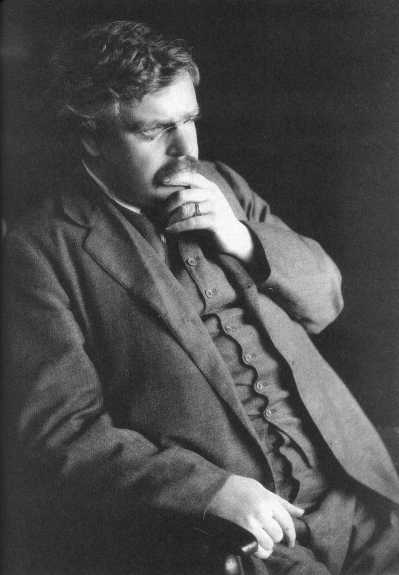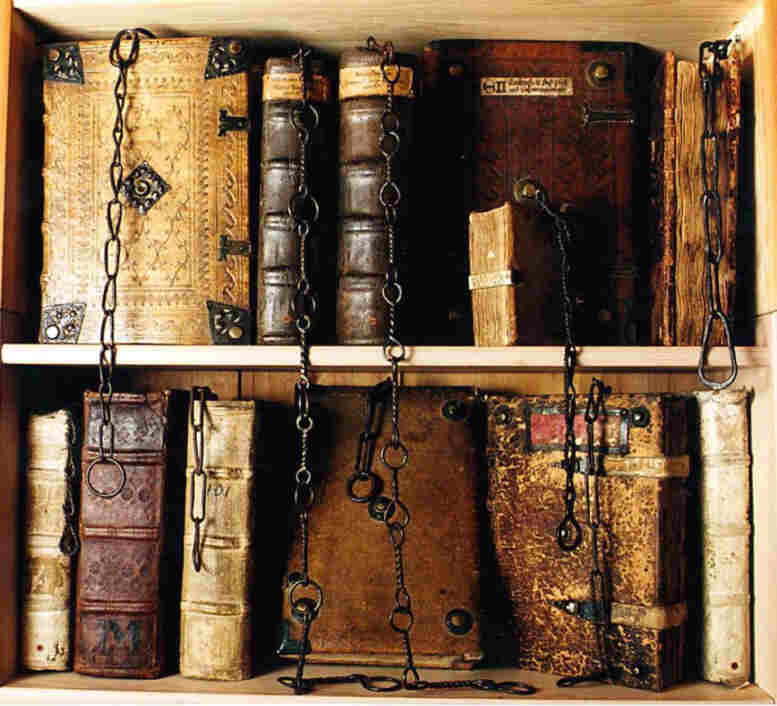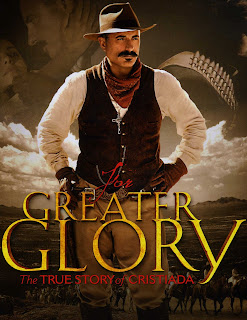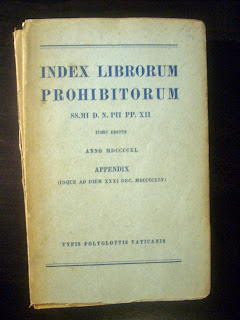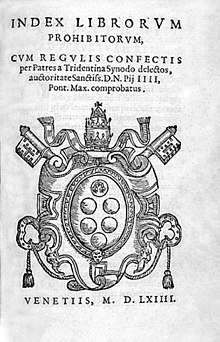It fell short in so many of the ways films fail when they dramatize historical vignettes. With the exception of Jean Dujardin and Cate Blanchett, no members of the main cast were believable as art experts. The way in which the film played-up the team as 'mistfit soldiers' didn't allow the characters' individual stories as artists to breathe. I did enjoy Dmitri Leonidas' portrayal of Sam Epstein (Harry Ettlinger in real life), who had a soft, but striking personal narrative as a Jewish-American immigrant. But mostly, it felt as if I was seeing a caricature of the MFAA, rather than earnest stories.
I was especially disappointed and irritated by the film's portrayal of Rose Valland (Claire Simon in the film-more French-sounding for American audiences, I guess?), who was arguably the most important figure in the preservation and recovery of French art during the war. This unassuming but sharp museum overseer remains one of the most decorated women in French history for her work in the Jeu de Paume during the war. First, the film deprives her of her credit by renaming her character (many of the men in the film kept their real names), and then creates a completely fictional, awkward, and gratuitous sexual tension between her and James Granger (played by Matt Damon). Instead of the intelligent, meticulous, and driven museum patriot she was, these moments in the film make her seem much more like a pathetic old maid who is desperate for male attention. A real missed opportunity to highlight a true heroine of WWII. You can read more about Rose Valland and other women of the Monuments Men here.

